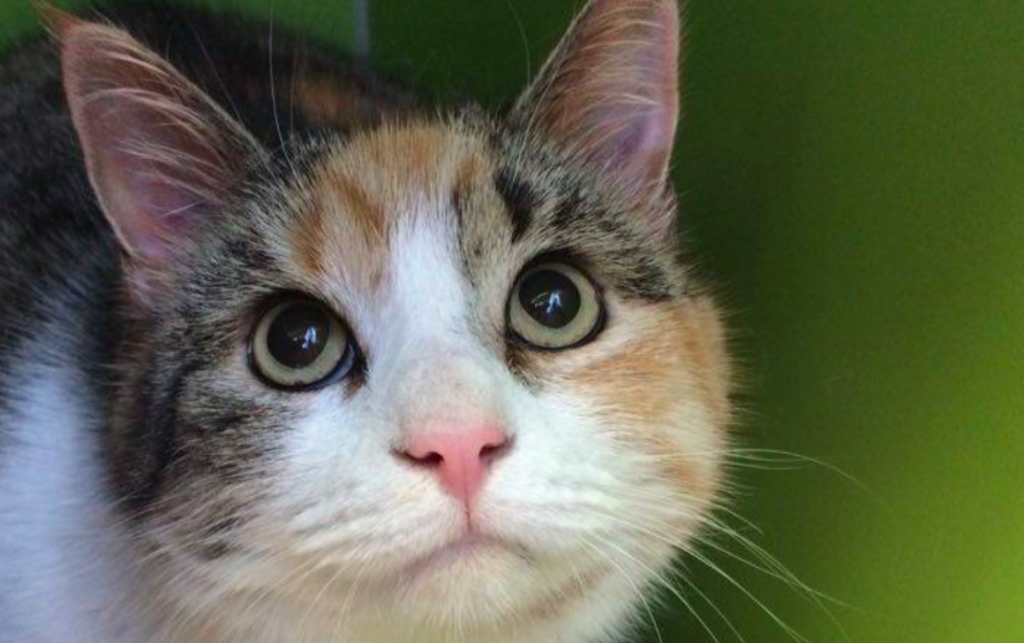Pets reportedly showed some surprising behaviors after another animal in the household passed away.
Others are reading now
Are you one of those who think cats are emotionally distant creatures that only care about their next meal? Do you see their “stone-faced” expressions and assume they don’t have feelings?
You’re certainly not alone, but this common belief might be unfair to cats.
Researchers from Oakland University in the US have challenged the notion of cats as antisocial animals through a study of feline behavior, and the results are unexpected.
Also read
Cats Can Also Grieve
These meowing companions can show signs of grief when another animal in the home dies — even if it’s the family dog that passes away.
At least, that’s the conclusion of a study conducted by researchers from Oakland University, whose findings have been published in the scientific journal Applied Animal Behavior Science.
Grief in animals is a well-documented phenomenon, particularly among elephants, dolphins, and chimpanzees, which display complex behaviors associated with the loss of one of their own, such as sitting vigil over the deceased.
Similar behaviors have also been observed in dogs.
Less Sleep, Less Play
For this study, researchers interviewed the owners of 450 cats from households where another pet, either a dog or a cat, had recently died.
In about two-thirds of the cases, the deceased pet was another cat, while the remaining cases involved dogs.
Cat owners were asked to describe their cats’ behavior after the loss of the other pet.
“The cats slept, ate, and played less but sought more attention from people or other pets. They hid, spent more time alone, and seemed to be searching for their lost companion,” the researchers wrote in the study.
There were also instances of some cats making long, howling sounds.
The study noted that the longer the two animals had lived together, the more deeply the surviving cat appeared to be affected by the loss.
“The amount of time the animals had spent together in daily life influenced the extent of grief-like behavior and anxiety, while more positive relationships between the surviving and deceased animals were linked to sleep problems, reduced appetite, and less playfulness,” the researchers wrote.
Admittedly, the study suggests that cats can experience grief, but it may also reflect their owners projecting their own grief onto the cat.
The researchers elaborate by writing: “Consistent with this hypothesis, we found that cat owners who grieved the most over the loss of their pet were more likely to report that their surviving cats slept more, spent more time alone, and appeared to be grieving as well.”


